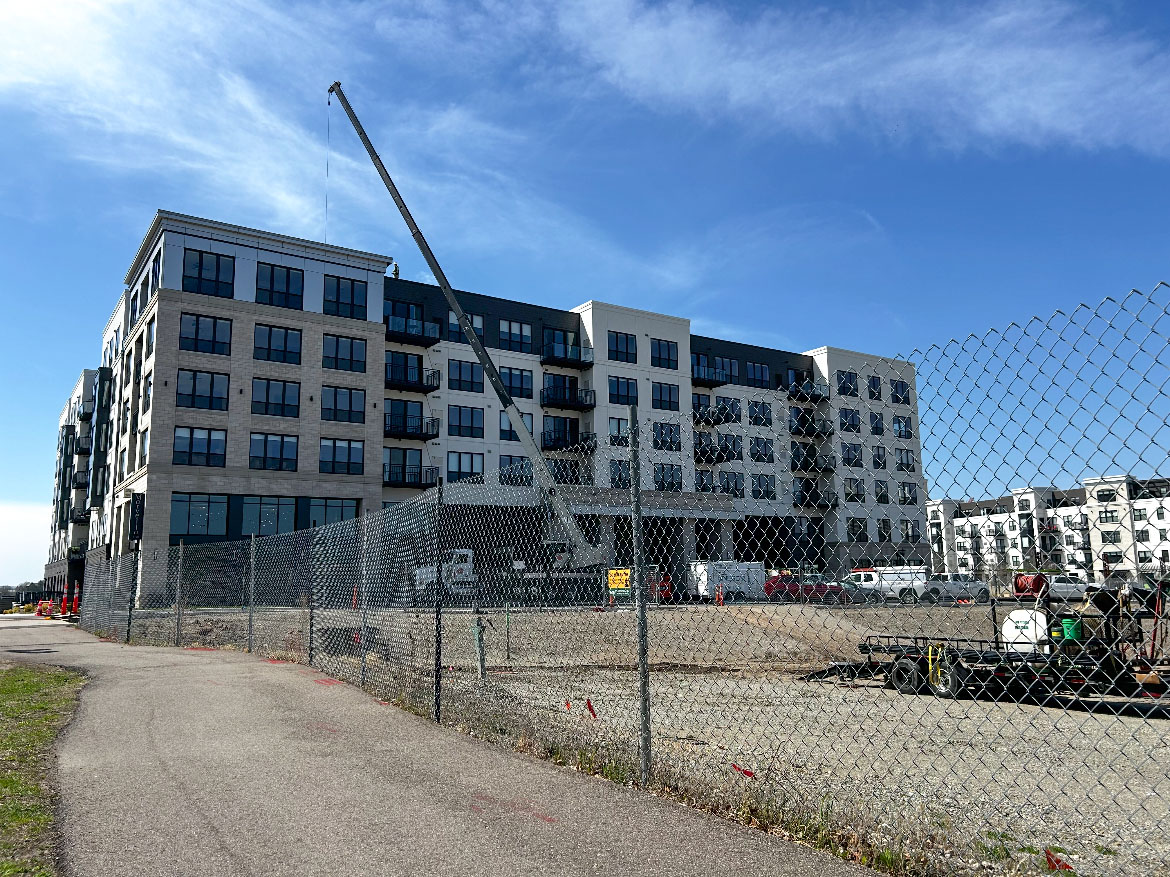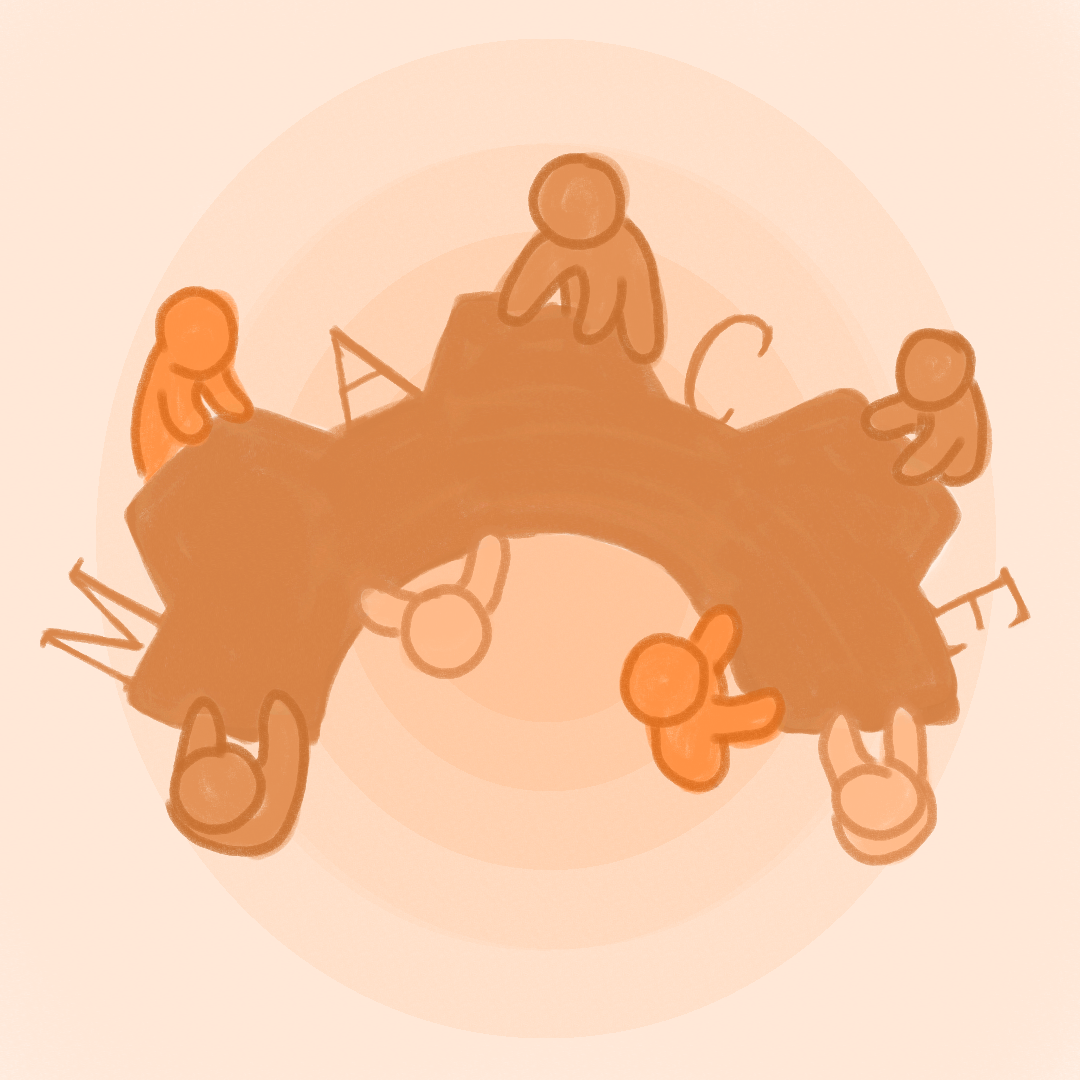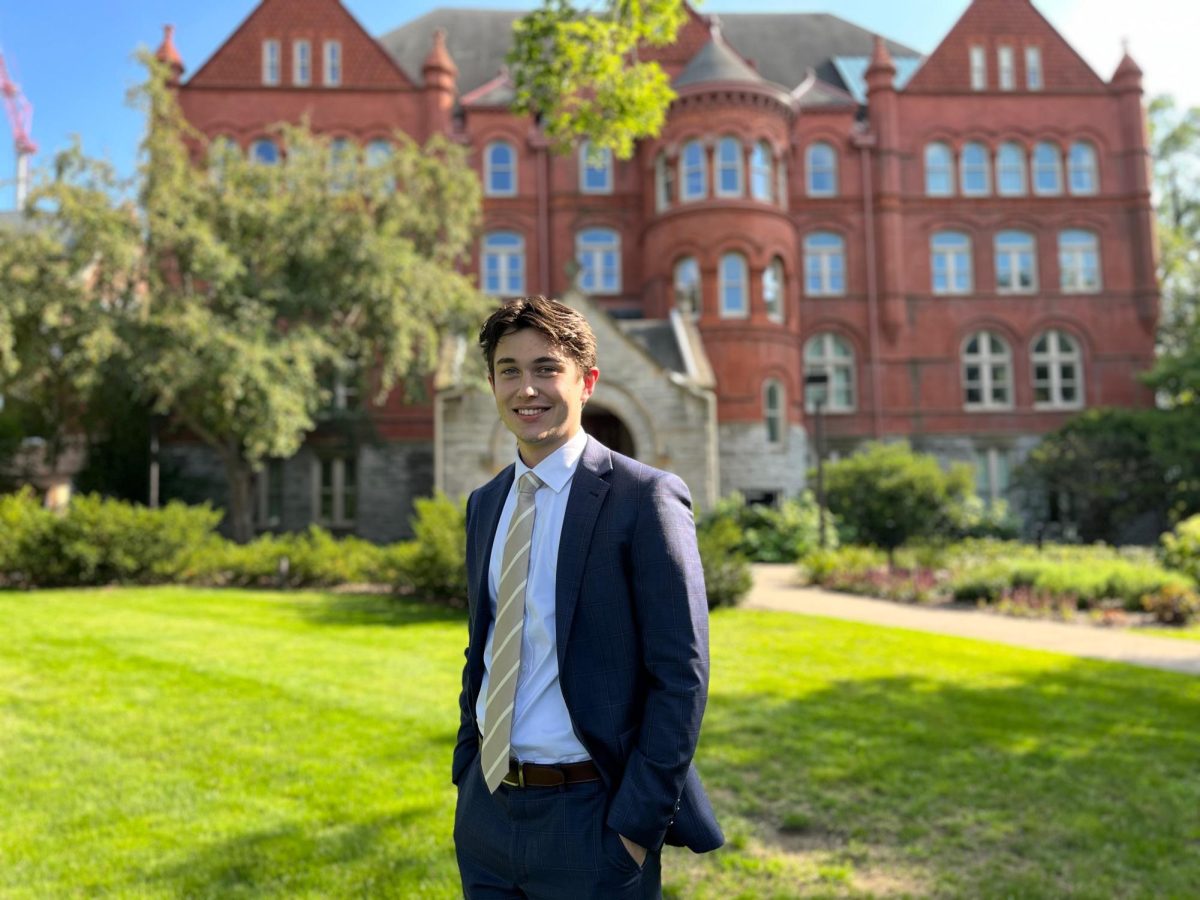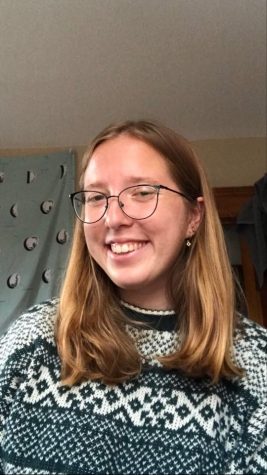On the afternoon of Feb. 1, a small group of Macalester students and staff drove 20 minutes south of campus to attend “Dignity in Our Democracy: A Solidarity Rally and Phonebank” in Bloomington.
The event was organized as a response to recent Islamophobic rhetoric from state GOP legislators. On Tuesday Jan. 30, Congressional District 4 Republican Chairman Dave Sina warned in a Facebook post that Muslim community members were training to infiltrate the following week’s precinct caucuses. The post was shared by GOP state Reps. Cindy Pugh and Kathy Lohmer.
Sina’s post cited a report from a Congressional District 4 chairman who “attended a Muslim Caucus Training with the intent to mobilize Muslims to infiltrate our Republican caucuses on Feb. 6.”
While Minnesota GOP chairwoman Jennifer Carnahan denounced Sina’s post, other Republican officials came to Sina and the legislators’ defence.
Some Macalester students found the divided response amongst Republicans disturbing.
“In the state we have faced a lot of divisions, especially when it comes to the elections,” Tasneem Issa ’18, a member of Macalester’s Muslim Student Association (MSA) and the Macalester Multifaith Council (MMC), said. “The GOP party, they tend to use hate to divide groups here in Minnesota, especially when it comes to issues pertaining to immigration, religion, and all of that.”
Issa attended the rally alongside Sam Knego ’21 of MMC, Keara Berlin ’21 of Mac Jewish Organization (MJO), Associate Dean and College Chaplain Kelly Stone and Associate Chaplain for Muslim Life Ailya Vajid.
“The sentiment wasn’t surprising but the kind of extreme nature in which it was presented was definitely… disturbing for sure,” Knego said. “In many ways it wasn’t even the fact that the person said that [which] was even particularly disturbing. It was that they felt comfortable saying that, that they felt like there was an audience for that.”
“I just found it really ironic in some ways,” Vajid said. “This came up at the solidarity rally as well. You know, on the one hand, people are like ‘Muslims need to assimilate,’ and then when they come to be a part of the democratic process, they’re like ‘well actually, now you’re trying to infiltrate’. It just doesn’t make any sense.”
Sina’s post was particularly disturbing to a number of Minnesotans represented in the state house by the legislators who endorsed it.
“One of my students [at Carleton] who’s connected to MAS [Muslim American Society] was really, really upset,” Vajid said. “She felt it on such a deep level for her and her family that I realized that this did have a really deep impact for people.”
The Dignity for Our Democracy event took place at the Dar Al-Farooq mosque, where, on Aug. 5, 2017, a bomb was detonated nearby during morning prayer – damaging the Imam’s office and filling the building with smoke. Nobody was injured in what Gov. Mark Dayton called “a criminal act of terrorism.”
The rally began at 4:30 p.m. with speeches from various clergy members before attendees participated in a phone bank.
“I was definitely struck happily by the number of clergy who showed up and I think it was really great to see that level of involvement,” Knego said. “It’s one thing to have individuals coming, but I feel like having these important community leaders coming from all different communities is really important.”
Only five people from Macalester attended the event – which, like the controversy that led to it, was met with a muted response on campus.
“I’m not sure there was a lot of mainstream news coverage and if there was, I’m not sure how many people at Mac really read [it],” Berlin said.
When it comes to engagement, Vajid stressed the importance of reaching out to impacted communities.
“Reaching out to other people in the community, I think that’s a really big one,” Vajid said. “Sometimes, on the outside, we don’t always know the right way to be supportive but getting to just show up and say ‘Hey, I heard about this. Is there anything I can do?’ or just ‘Know that I’m here if you need anything’ – something even as simple as that is really, really meaningful.”
Vajid also suggested that further involvement in the democratic process is its own form of activism.
“Staying abreast or aware of things can be really important,” Vajid said. “Because I think with young folk, our voices are not always heard because we have so many other things going on we don’t always get ourselves out there, except maybe for the big elections… Realizing that those smaller things can make such a big impact over time.”
Her statement harkens back to the inciting post, which targeted Muslims who attended trainings to learn how to caucus. The conflict between the desire to participate in politics and opposition from elected officials can be difficult for members of minority communities to navigate.
“That’s why a lot of Muslims in our community [are] always hesitant when it comes to doing such things because they’re afraid that harm could come toward them,” Issa said. “I know some people backed out and are not participating anymore. Especially younger folks who live at home – their parents are a little hesitant for them to go.”
Issa attended one of the caucus trainings Sina’s post targeted.
“We had a training at my local mosque two weeks ago talking about the importance of being a state delegate, especially a faith delegate,” Issa said. “Usually, we don’t, in Minnesota, have a lot of representation when it comes to government and so we wanted to be kind of strategic with presenting our agenda and having politicians be actually aware of our communities.”
Issa ran for a delegate position at Tuesday’s caucus in her home district in Northeast Minneapolis where she was selected as a delegate to her District Convention in March.
She’s running on a proposal to reclassify hate-based property crimes as hate crimes.
“We talk about global citizenship and what it means to really inculcate that,” Vajid said. “Part of that comes from exposure and understanding, which we can get from one another. There’s so much wisdom in the differences of students and the backgrounds that they have and all that they carry. How do we really engage that and make the most of that?”







Tim Lambert • Sep 11, 2019 at 10:58 am
It’s exhausting to search out knowledgeable individuals on this subject, but you sound like you understand what you’re talking about! Thanks
Penelope Mackay • Sep 5, 2019 at 10:41 am
Very nice post. I just stumbled upon your weblog and wanted to say that I have really enjoyed surfing around your blog posts. After all I’ll be subscribing to your feed and I hope you write again soon!
Conrad Dones • Jul 23, 2019 at 5:30 am
Mass parsite http://bit.ly/2W9CVkn
David Hunt • Feb 14, 2018 at 10:51 am
“Global citizenship”?
You are a citizen of America. You don’t like America, try Iran.
Do women not grasp that, under Sharia law that happens when Islam become dominant, women are second-class sperm receptacles and baby factories?
In parallel, under Sharia law, the best gays can hope for is a quick death.